The early celebration of the Jewish New Year festivals became one of the fundamental  features of modern civilization.
features of modern civilization.
New Year’s day was one of ill omen to the ancient Egyptians.
The Chinese believe a Buddhist priest to be the first to enter a house on New Year’s morning is even worse than to have a woman first enter it .
The Russians, Greeks, and other people who are under the rule of the Czar begin their year on January 13.
The Druids were accustomed on certain days to cut the sacred misletoe with a golden knife, in a forest dedicated to the gods, and to distribute its branches with much ceremony as new year’s gifts among the people.
The old Romans did not give up New Year’s day wholly to feasting or idleness, as is done in most countries, but everyone wrought a little at his trade for the sake of luck throughout the year.
The Romans offered sacrifices on new year’s day to Janus, particularly a white steer. In the whole city, much incense was burned, and the newly elected magistrates went in procession to the capitol, where they sacrificed to Jupiter.
The Romish Church as well as the Church of England celebrated the first of January in honor of the circumcision of Christ.
It was a custom of the Jews to serve up sheep’s head on New Year’s at their chief entertainment, as a mystical representation of the ram offered in sacrifice for Isaac. When a family or company sat down to this repast, each person took a piece of bread and dipping it in honey, said, “May this year be sweet and fruitful.”
The Germans have a superstition that if you serve “Hopping John” (peas and rice boiled together) at dinner on NewYear’s day, you will be lucky all the year.
On New Year’s eve, the Gurians in Russia place small pitchers of wine in each of the bed-rooms of the family; if in the morning the wine has increased, the harvest will be abundant; but if the wine is lessened, they will have bad luck that year.
On New Year’s eve the Italian maiden places in one corner of her bed room a thimble, in another water, in a third ashes, and in the fourth a ring. Upon waking in the morning if she sees the ring first, she will be married that year; if she sees the water first, the year will be unlucky; if the thimble, fortune will smile on her; if the ashes, she will die.
At midnight on New Year’s the Japanese build small fires on the floor of their houses and from the manner in which the flames arise, foretell what will be their luck during the coming year.
Venetians consider it very important to notice whom you meet the first thing on New Year’s day. If it is a man, you will have good luck, if a woman, bad luck; if a priest, you will die within the year; if a policeman, you will have litigation.
In Turkey, on New Year’s Day, every stranger entering the house must throw salt on the fire for luck.
In Turkey, if a stranger visits you on New Year’s day he must go to the hen-house and place an egg under a hen. If she does her duty and sits upon it the stranger is auspicious and is feted. It is called “the lucky foot.”
During the time that the male Jews are at the synagogue on the night of the tenth of the month Tisri (Yorn Kippur, the day of atonement), the women light the candles and lamps at home, and according as the light burns prognosticate good or evil fortune.
The Chinese in the various large cities of the world where there are New Year celebrations take advantage of the opportunity to burn fireworks and explode crackers and miniature bombs, and to hang out flags and fancy streamers on the New Year’s Day.
The Christian era was not generally used in Flanders until the reign of Charlemagne. The year began on various days according to the different departments of life; but as soon as the Frankish supremacy was established in the southern region, now known by their name, and that had adopted the first of January as the beginning of their civil year its adoption in Belgium followed as a matter of course.
Among the Highlanders, if a black and threatening cloud appears on New Year’s eve, it is looked upon as a forerunner of some dire calamity to the country or to the family estate over which it appears to hang.
In one part of modern Greece all in the house go out early on New Year’s morning each bearing a branch on which the leaves are well dried. These they cast on the open fire, each wishing at the same time good luck to the family. The greater the fire, the better the augury.
In several parts of Belgium it is customary for the people to make waffles on New Year’s day. Around Liege the first waffle is crossformed or cut cross-wise, and placed on the chimney-piece as a New Year’s gift to the crucifix. It is believed that this waffle or cake is blessed; it does not rot and a small piece given to a sick man or beast makes them recover.
An old New Year’s custom which is still observed in some of the northern counties of England, is called “Going about with a vessel cup.” Poor women and girls desirous of obtaining charity take two dolls, representing the Virgin Mother and Infant Jesus, and go about from house to house during the week before New Year’s singing a quaint old carol and at its conclusion presenting for the receipt of alms a small cup, which is known as a “vessel cup.” To turn one of these vessel cup singers unrequited from your door is to forfeit all good health and good fortune for the approaching new year.
Sources:
Encyclopedia of Superstitions, Folklore, and the Occult Sciences edited by Mrs. Cora Linn (Morrison) Daniels, Charles McClellan Stevans
Popular Educator, Volume 15

Moe is the founder of GnosticWarrior.com. He is a father, husband, author, martial arts black belt, and an expert in Gnosticism, the occult, and esotericism.

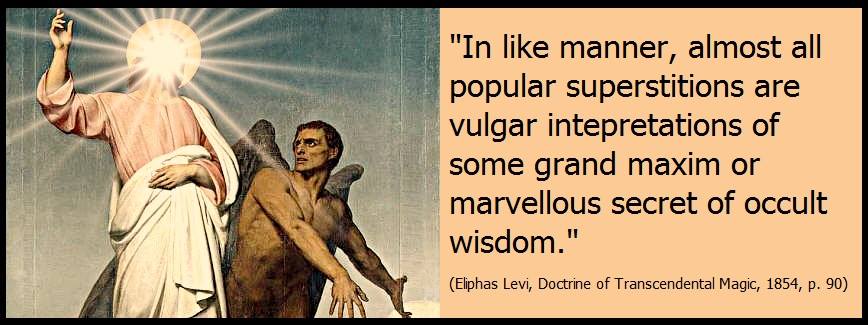

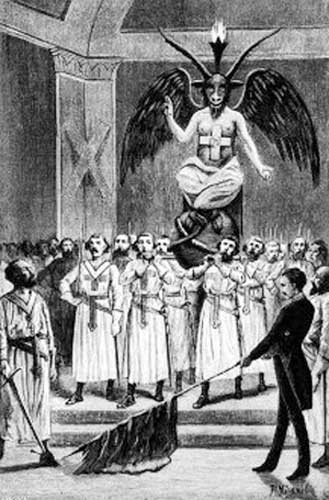
![How his body was found altogether uncorrupted after it had been buried eleven years, and how his successor in the bishopric departed this world not long after [698 A.D.] | Book 4 | Chapter 30 How his body was found altogether uncorrupted after it had been buried eleven years, and how his successor in the bishopric departed this world not long after [698 A.D.] | Book 4 | Chapter 30](https://www.gnosticwarrior.com/wp-content/plugins/contextual-related-posts/default.png)
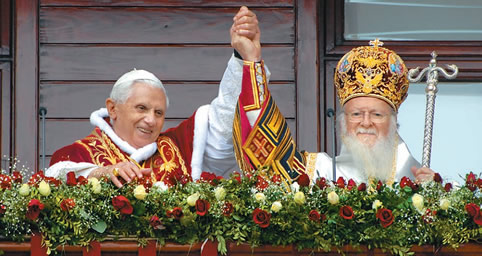
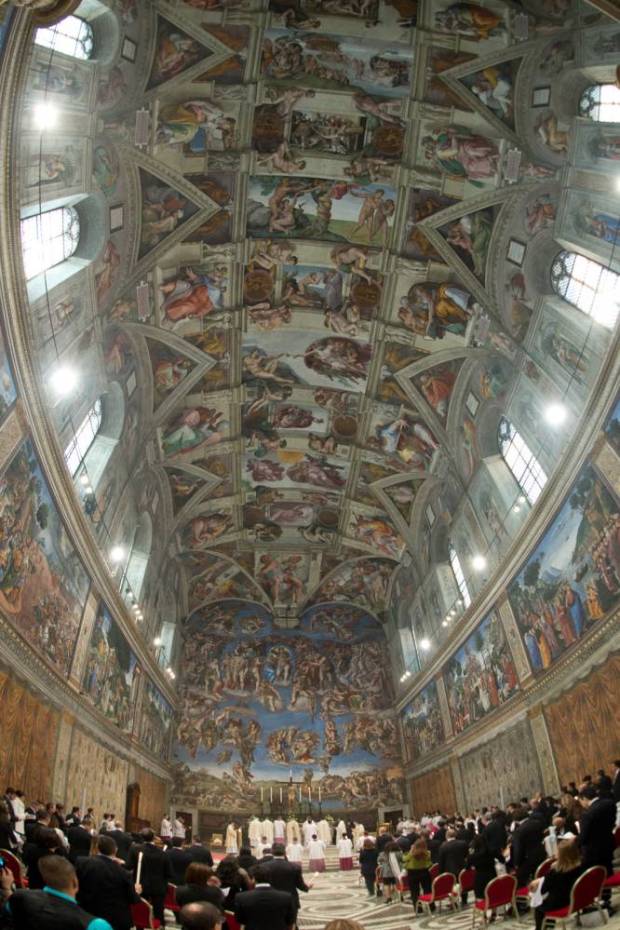
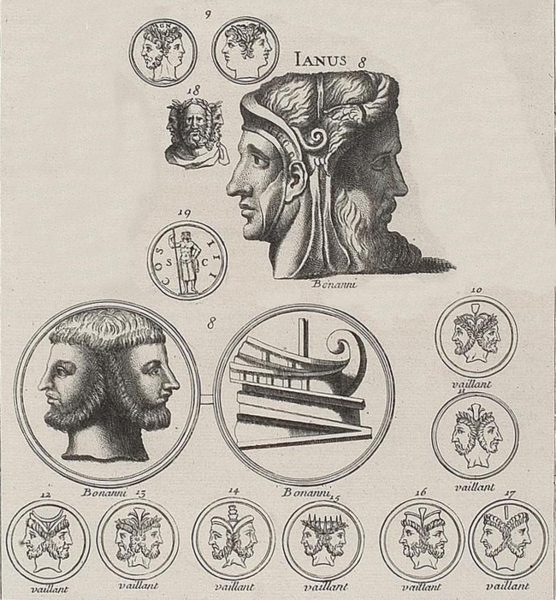

I love true history ,the ah ha moment you get.learning about the mindless dead putting us as slaves to be dumbed down.I always knew it was a game that I never liked .